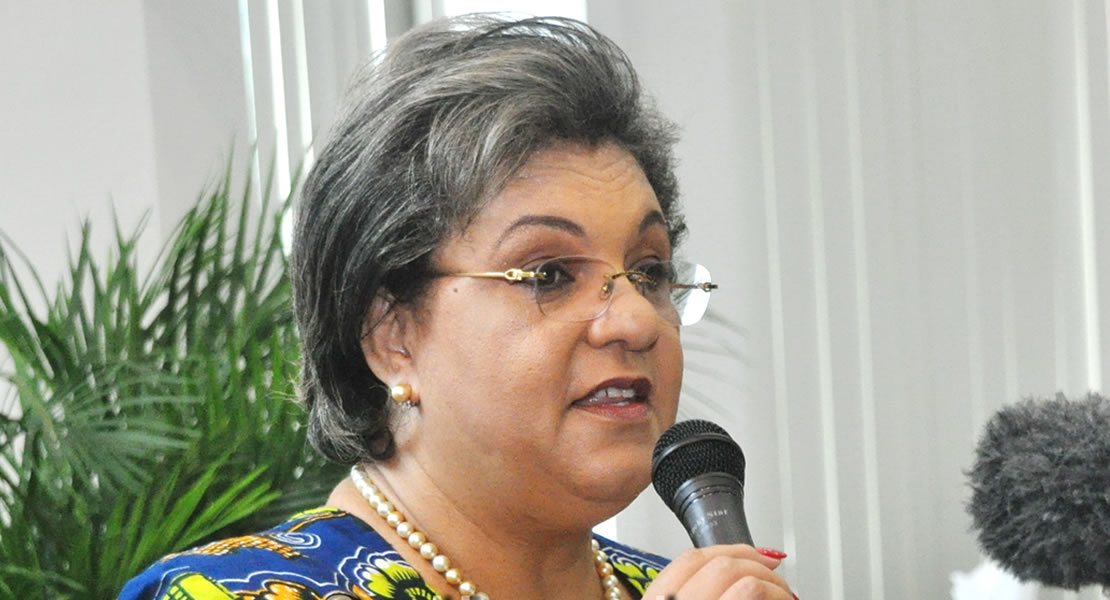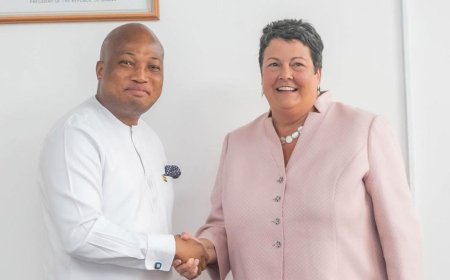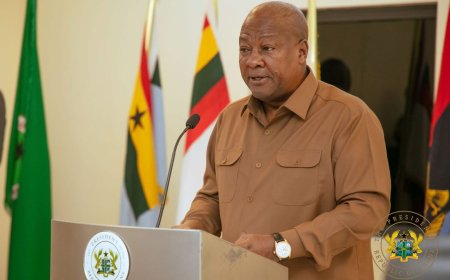Hanna Tetteh questions Supreme Court's consideration of public opinion

Accra, Ghana - October 21, 2024 - Former Minister of Foreign Affairs Hanna Tetteh has sparked a vital conversation about the role of public opinion in Ghana's Supreme Court decision-making process.
In a thought-provoking Facebook post, Tetteh questioned whether the nation's highest court considers public sentiment when delivering judgments, particularly in politically charged cases like the recent ex-parte decision on vacant parliamentary seats.
Tetteh acknowledged the judiciary's critical role in interpreting and applying the law impartially, but emphasized that judges operate within a broader societal context. This context includes not only litigants and legal professionals but also the business community, investors, religious actors, unions, civil society, and the general public.
She posed a poignant question: "Do judges listen to public commentary and reflect on the implications of their decisions on wider society?" Tetteh noted that while upholding the law is the court's primary responsibility, it cannot ignore the social, economic, and political environment.
Find the full Facebook post below.
When the Justices of the Supreme Court take their decisions, or make orders in whatever circumstances, not just in the context of the recent ex-parte decision against the Speaker’s ruling, do they listen to the public commentary and reflect on their decision, its implications and how it has been received not only by the parties to the particular suit or in a case with political undertones the legal profession, the businesses/investor community, the diplomatic community, religious actors, the unions, civil society and other key social actors?.
Of course they are expected to interpret the law and ensure its application without fear of favour but they do so within the context of the society that the laws govern.
We live in hyper-partisan times, and the closer we get to elections the more tense the political environment, and consequently the times when peace and security within the state is at its most fragile.
A strong, principled judiciary is essential to a competitive but peaceful democracy. They have an important role to play in ensuring this democracy not only survives, but thrives.
Source: Lead News Online
























































